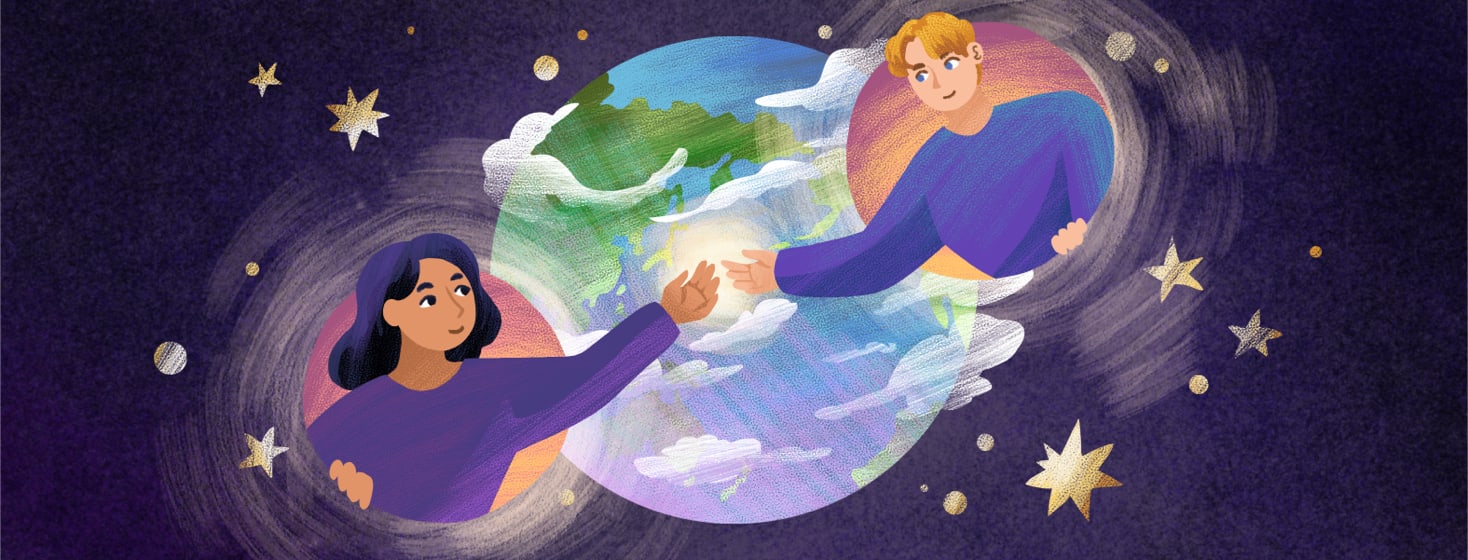Rare Disease International
As a person living with a rare disease, it can be difficult to find other people who also suffer from the same condition. Not knowing people who can relate to my struggles can be lonely. I know from experience how isolating it is to feel like the only person hurting from a certain condition.
Loneliness and the desire for connection
Having a rare disease usually means that my experience of disability and chronic illness looks very different from the typical experience. There is a way to be able to relate to other people with disabilities in a generalized manner, of course.
However, doing so is like a sea lion trying to relate to a shark. Sure, they both swim in the same ocean, eat the same fish, and live under the same sun. But sea lions and sharks have very different needs. If they could comprehend just how different they are from each other, they might find themselves feeling lonely and lost.
It makes sense, then, that to find other people who suffer from my same rare disease, I must look further than my immediate surroundings. Therefore, international connections are so important for me as a person with a rare disease!
This or That
Do you know someone else living with the same rare disease as you?
Comparing international rare disease experiences
I recently had the privilege of being invited to a meeting between a United States-based narcolepsy organization and a Japan-based narcolepsy organization. Going into it, I expected to hear about how living with narcolepsy in Japan is a bit easier than living with narcolepsy in the United States when it comes to safely accessing transportation.
This is specifically because Japan has a robust public transportation system and most people don’t have to drive themselves to work or school or errands like they do in the United States. Instead, most of the population takes trains and other public transportation to get where they need to go. I knew we would have many other things in common as people with narcolepsy, of course. But it was so validating to learn more about peoples’ experiences with narcolepsy in Japan!
Transportation challenges – different, but similar
Both organizations discussed the issue of transportation for people with narcolepsy. In Japan, although there is public transportation available that keeps people with narcolepsy from having to drive, trains can take hours to arrive, depending on where you live. This means that people with narcolepsy will end up falling asleep in public spaces, often missing their train or even exposing themselves to the potential of being harmed while unconscious.
People in the United States also struggle with transportation because public transportation options are often limited, and driving requires wakefulness at all times, which is difficult to guarantee as a person living with narcolepsy.
Making connections through shared love of art
Another similarity that I found validating is the fact that people suffering from narcolepsy in the United States and Japan are both drawn to the arts. That is, there are so many artists in our respective communities!
As a person with narcolepsy, I dream so much. Way more than the average person. I even dream while I am awake; though my medications have decreased this phenomenon, it still happens when I am extra tired.
This ability to dream has made me extra creative. There are so many artists with narcolepsy in both of these organizations! It was amazing to hear about their upcoming projects and plan to share our work with each other. This connection is so valuable.
Tell us about your experiences
Have you reached out to international people with your rare disease? What do you hope to learn from others who suffer from the same condition as you?

Join the conversation